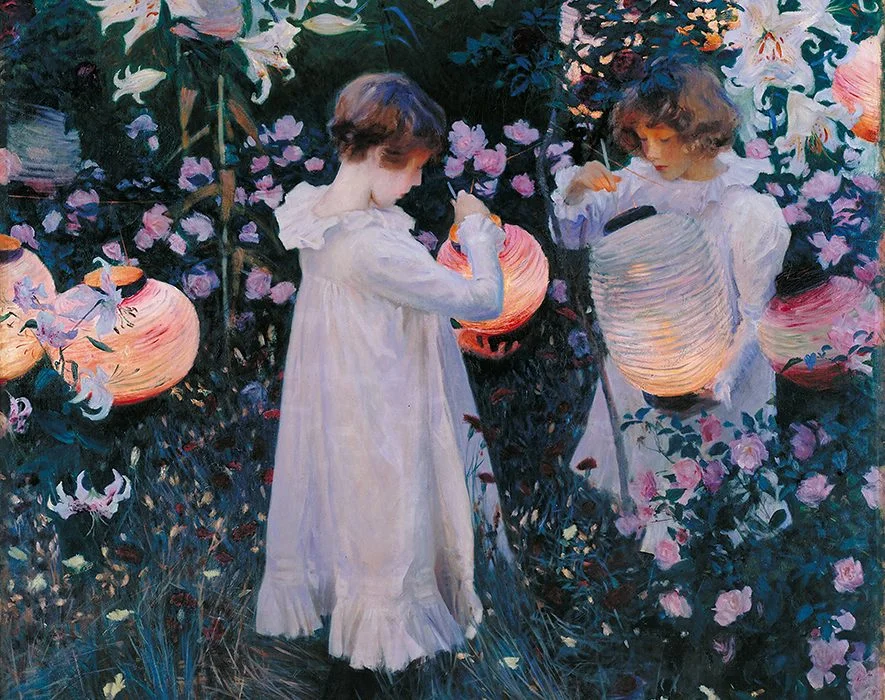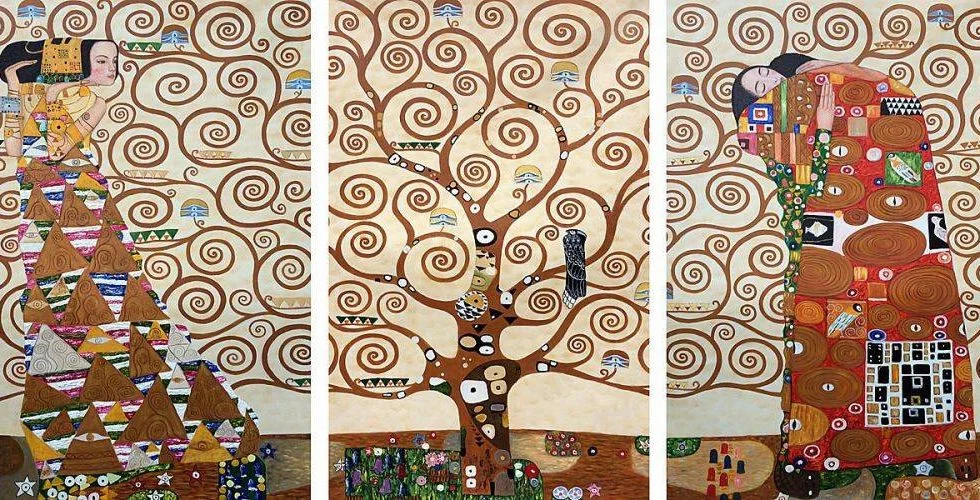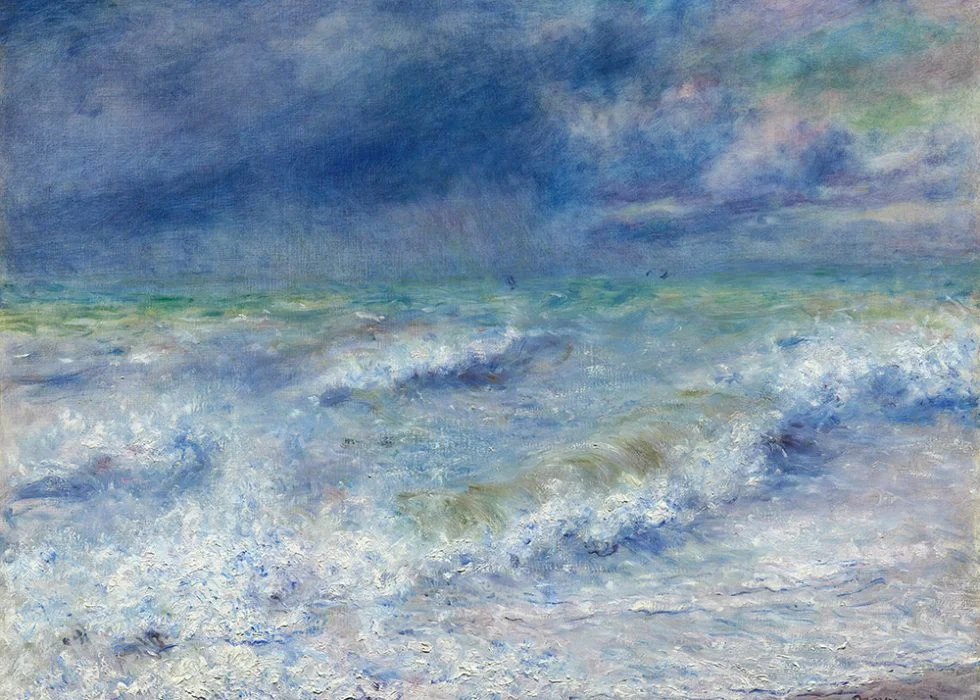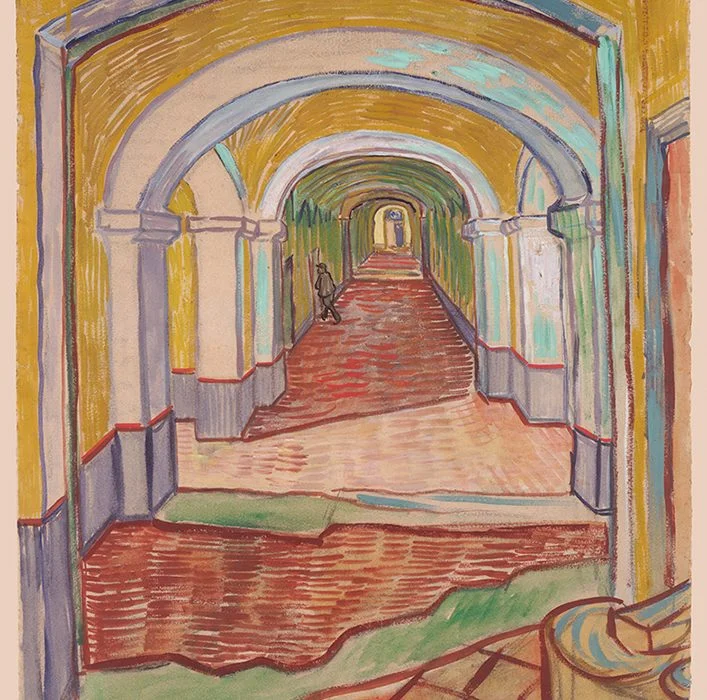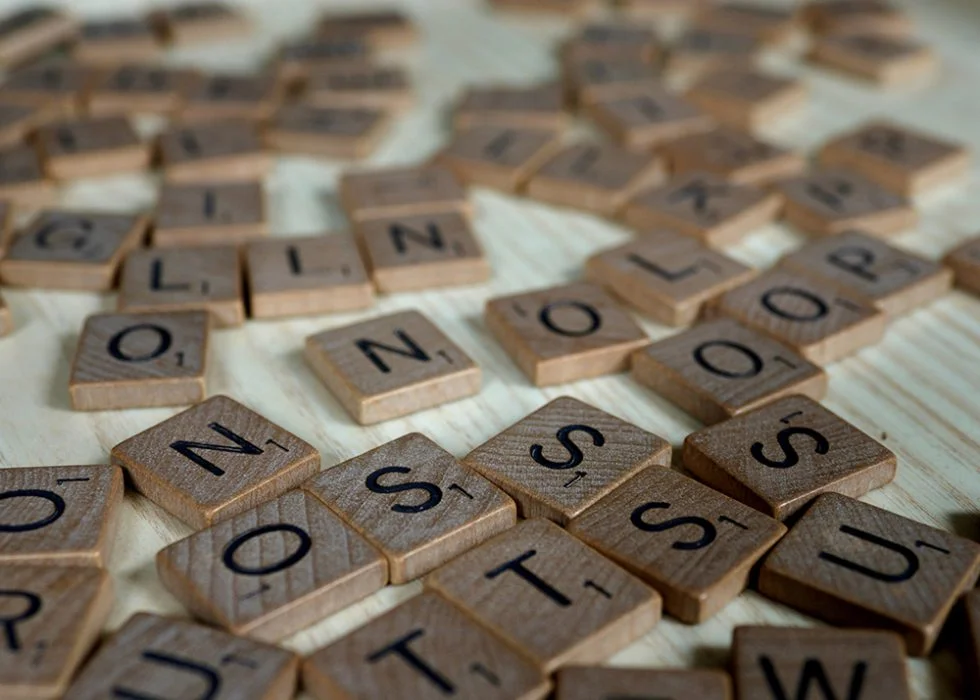Self-Knowledge • Know Yourself
Why Knowing Ourselves is Impossible – and Necessary
One of the greater paradoxes of being human is that we must live within minds whose folds and depths we will never properly know. We, the most plausible experts on ourselves, are fated to go to our graves having made sense of only a slender portion of who we have been. Whole archives of sensations and thoughts, insights and intuitions will – at the end – dissolve away without record: the equivalent of the library of Alexandria going up in flames every time a ventilator is switched off. We dwell in a mansion made up of corridors, vaults and rooms, only a few of which we will be able to explore in the time that remains. We are armed with feeble flashlights with which to try to make sense of a vast darkness within us.

Occasionally we pick up hints of how much might be at play in our minds. We wake up from a dream in which worlds and peoples we had no sense of knowing emerge with disorienting immediacy. Or, tossing fitfully in bed on a humid night, we collide against slices of our lives we had lost any active memory of: the light at dawn over the sea, a pair of gloves from early childhood, the light in the hallway when we took an ex-partner home for the first time two decades before, the seat of a taxi as we made our way across town on an autumn afternoon. None of it perhaps ever disappears. Unexpected bits of ourselves constantly surge up unbidden from certain sorts of biscuits, textures of carpet, smells and evening and morning lights.
Our minds have been encoded over long years that we have no concrete recollection of. Just as we speak a language without any memory of its acquisition, so too the emotional forces that shaped our personalities grow invisible to us, leaving us their imprint but not their cast. The grounds for most of our responses lie outside of our understanding.
If we were to pause and undertake the curious exercise of asking ourselves – with particular intent – what we were really feeling at a given moment, we might become conscious of an implausibly broad and simultaneous array of concerns and feelings. We might, for example, have a concurrent sense that we have an appointment at midday, that there is a slight scab on our right hand, that we’re under the pall of a tetchy exchange several hours before with our partner, that the words of a maddening song are playing somewhere in us (‘Because only you belong…ahhah… because only you belong… ahhah’), that we’re starting to apprehend an anxiety around a meeting tomorrow, that we miss M. and the playfulness of the other night, that the arch of our foot aches uncomfortably, that we’ve been left guilty by an article in the paper, that there’s someone bouncing a ball outside, that the colour of the vitamin packet on the desk is exactly that of the cupboard in our classroom in primary school, that a colleague was strangely abrupt with us on Friday, that we have to pick up on a pair of trousers from the dry cleaner’s after we’ve had lunch, that there is a strange-sounding bird squawking outside, that we’d like to stretch our back, that there is something almost religious waiting to emerge inside us… And this, of course, is only a ridiculously curtailed summary of what might really be going on at any specific point. Rather than attempting to describe it in linear prose, it might be better to resort to a gigantic map of the kind they use to represent the stars, in which all the elements of consciousness might be pictured like so many galaxies and constellations, some near, others many light years away, in the boundless sky of the inner mind.
Partly we’re encouraged to miss some of our own intricacy because we take our cue from other people and they, from the outside, appear so much simpler than they are. The human face is a misleading organ which doesn’t let on about the hesitancy, richness, confusion, genius, muddle and obscurity within. The eyes don’t hint at the torrent of images we see whenever we close them, the mouth doesn’t reveal the polyphonic internal murmur we hear whenever we are in silence. In company, people speak in more or less meaningful sentences; they lift out of their streams of consciousness a few relatively upbeat and comprehensible phrases. In response to a question as to how they are, they’ll say: ‘Oh not too bad, all things considered…’ They’ll let us know that they had ‘a quiet weekend,’ or are ‘going to take a few days off to see mum.’ And we start to forget what kind of brutal summaries these are. We don’t accord to other people the knowledge we have from inside ourselves, namely that, we contain worlds. Novelists further rush over the subtleties, and help us to forget who we are, by writing sentences like: ‘Amanda decided she needed to end her relationship.’ Or: ‘Abdul realised he was after a change of career’ – as though any real human has ever thought in such clear-cut and purposive ways.
The difficulty we have in understanding ourselves is not merely an intellectual puzzle; it’s what ends up powering our greatest psychic pains. It’s because we have such trouble working out what we feel, who we are, what we want, and what is motivating us that we end up marrying the wrong people, pursuing unfulfilling careers, failing to connect properly with friends, spending our money inappropriately, squabbling with innocent colleagues and passing on a raft of our problems to the next generation. We grow beset by foreboding that we can’t trace back to anything concrete. Or we feel hemmed in, unfree and burdened by a weight of unthought thoughts, uninterpreted emotions, and unfelt feelings. It’s because of our self-ignorance that we can’t determine whether we’re feeling love or obsession, that we can’t work out the origins of our anxieties and surprise ourselves with the extent of our irritability or rage when we lose our sunglasses or the sellotape isn’t where we expected it to be.
The mind tries to give us signs when we are failing to understand it as well as it requires. It sends us headaches to stir our consciences, it emits twitches and neurotic compulsions; we find we can’t sleep or develop addictions to exercise, drugs or the news. We suffer the mind’s desperate and creative revenge for all the thoughts we have refused to entertain.
If we are fortunate, we can find encouragement to interrupt our mania, we may pause, take a week off, travel somewhere remote – and start the arduous business of looking inside. We can wonder why things are not as straightforward as we had imagined: why our relationships keep failing, why our back is so tense, why sleep never comes and why we are so scared of disaster.
When Socrates, apparently the wisest man of antiquity, was asked to define our highest purpose as humans, he offered a still-legendary answer: ‘To know ourselves.’ Without self-knowledge, all other efforts will be in vain. It won’t matter how much money we have or what achievements we have pulled off or how many friends we can lay claim to, there will be unexplained despair and nightmares.
That the task of self-knowledge is fated to remain incomplete is no argument against it; it is the dedication that counts. We should aspire to be people who never cease to try to make sense of themselves, who want to be able to answer how their childhoods have shaped them, what their attachment style is or where reality ends and their projections begin. It’s a mark of maturity not to be offended or thrown off course by someone who asks us for more information on how we might be complicated or ‘a bit mad’, given that we all are, and that the closest any of us ever come to sanity is to intuit some of the ways in which we might be unwell. We should devote ourselves to constantly trying to shrink the scale of the darkness within us; bringing what was once in shadow closer to the light of interpretation, so that we stand a chance of being slightly less frantic, intemperate and unpredictable to others and ourselves.

The prerequisites for the task of self-knowledge are patience, guile and limitless humility. We’ll need to call on some of the remorselessness of an angler and the persistence of a lepidopterist. We’ll need to catch ourselves unawares: we’ll need to be curious in the early hours after waking up from a dream, or in twilight moods of tiredness when our defences are low and our true yearnings can be felt twitching in the background or on long quiet evenings when we can sift through thoughts and ideas without censorship or concern for being normal. If we are fortunate and devoted, gradually, we may start to lay claim to certain insights. Sections of the map can be filled in; we’ll have a sense of what our childhoods did to us, what exaggerated fears and behaviours we may be carrying, what unhelpful things we do when people love us (and when they don’t), why we fall into moods at specific times of the day. There may – thanks to long years of work – be a more reliable connection between what we consciously register and what is really at happening in us. We’ll know where a mood of persecution is coming from, we’ll be able to trace a link between the unfriendly conversation yesterday and the feeling of shame today. The quality of our detective work will rise. We may shorten the distance between feeling and expression; understand a little more of what we want and what we might be suited to, piece together why we are tricky around certain people who appear to remind us of characters from our pasts, apprehend what games we are trying to invite people to play with us who don’t deserve or want them, recognise the history of moods and tendencies that hold us back and discern why we might be compelled to fail or hurt ourselves. We will – with greater self-knowledge – be better able to apologise where appropriate, we’ll be less in need of defensive strategies, we’ll be able to admit to more and to deny less, we’ll be more stable and funnier because we’ll have a better hold on our contradictions and the gulf between who we hope to be and who we are.
Modern society gives us no shortage of ambitions. We will have landed on the option with the best chance of bringing us peace and freedom when we can dare to begin the inward journey.


















